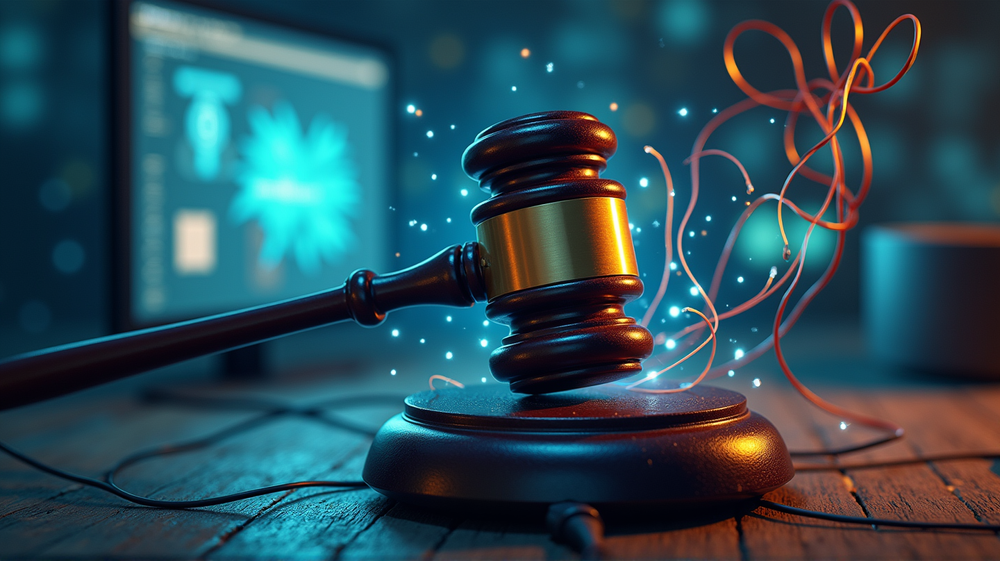In a charged atmosphere of political and technological intersection, U.S. Senator Ted Cruz, R-Texas, is set to reconvene the Senate Committee on Commerce, Science, and Transportation on October 29, 2025, to uncover layers of complexity surrounding the controversial topic of free speech in the digital age. As stated in Senate Committee on Commerce, Science and Transportation (.gov), the focus of this full committee hearing, labeled “Shut Your App: How Uncle Sam Jawboned Big Tech Into Silencing Americans, Part II,” is to scrutinize the alleged government pressure exerted on major tech corporations to curtail protected speech online, notably during the pandemic and recent election periods.
The Epicenter of Debate
Washington, D.C., is poised to be the focal point, drawing nationwide attention with the key question: Are American rights in jeopardy due to covert censorship? It’s a debate that doesn’t just ask about the curtailment of speech but probes the means by which the Biden administration purportedly utilized Big Tech as an intermediary to enact censorship.
Voices at the Helm
Senator Cruz will lead an exploration into how tactics from the government may have disproportionately silenced conservative viewpoints by manipulating Big Tech operations—actions that supposedly include account deletions and post demotions. Witnesses including Mr. Markham Erickson of Google, Mr. Neil Potts of Meta, Mr. Will Creeley of the Foundation for Individual Rights and Expression, and Mr. Harold Feld of Public Knowledge are slated to share testimonies on these vital issues.
Looking at Tomorrow
Through this hearing, Cruz and the committee aspire to not only reveal the intensity of governmental influence but also strive for prospective bi-partisan legislation aimed at curbing governmental overreach. The ramifications of such actions could establish new precedents in protecting freedom of thought from being systematically undermined by governmental collusion with tech giants.
The Pathway Forward
With livestream options available, this pivotal hearing promises to be accessible online, boosting public engagement and transparency. Stakeholders across the board are keenly aware that the outcomes may shape the future relationship between government entities and tech companies, potentially influencing global perspectives on digital rights and freedoms.
It’s an opportunity to observe democracy in action—a chance to evaluate the integrity of the First Amendment and the extents to which it can be stretched. The subjects of discussion promise to resonate far beyond the committee room, into a public consciousness increasingly aware of the delicate balance between security and freedom in the digital sphere.













